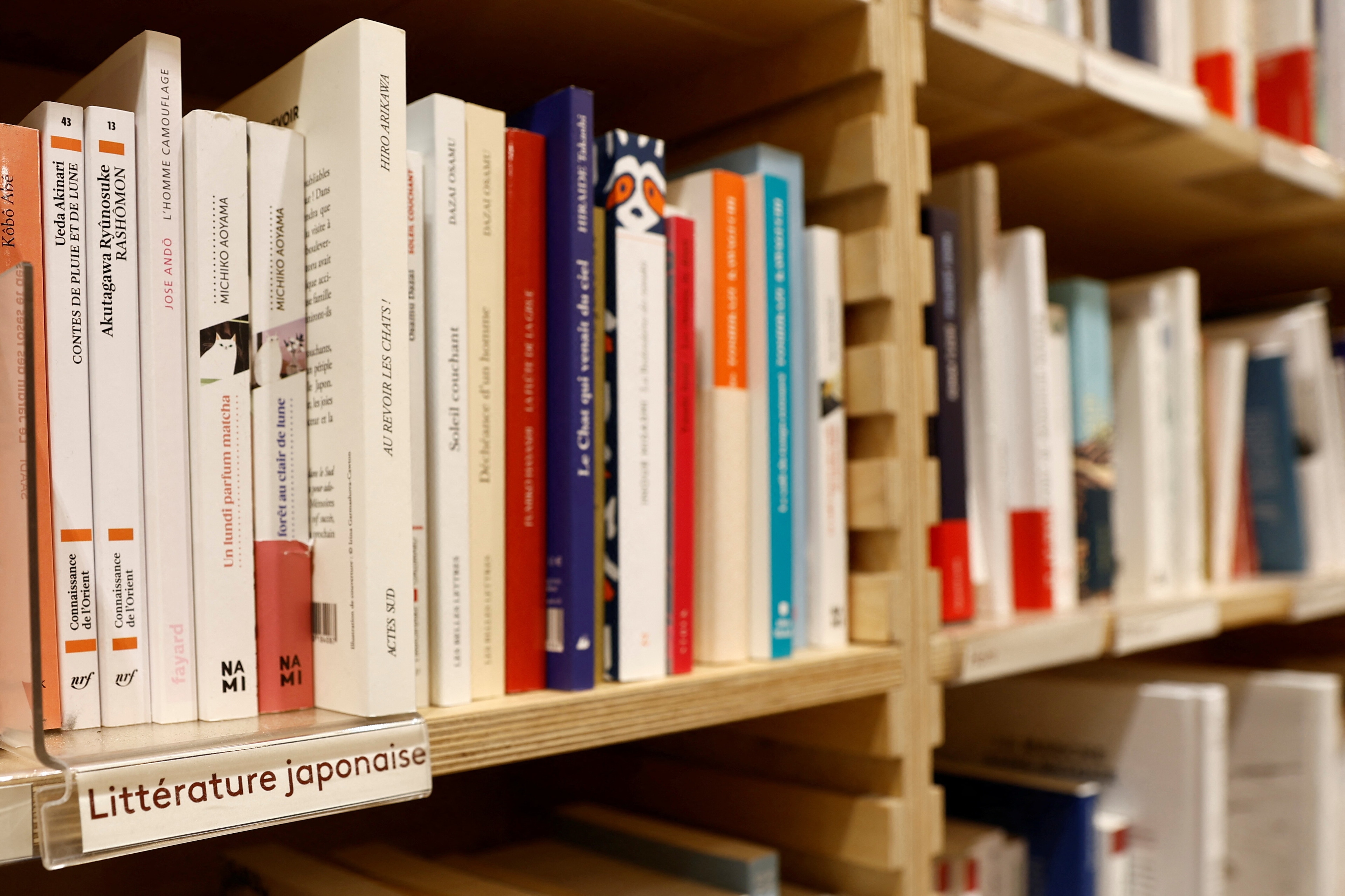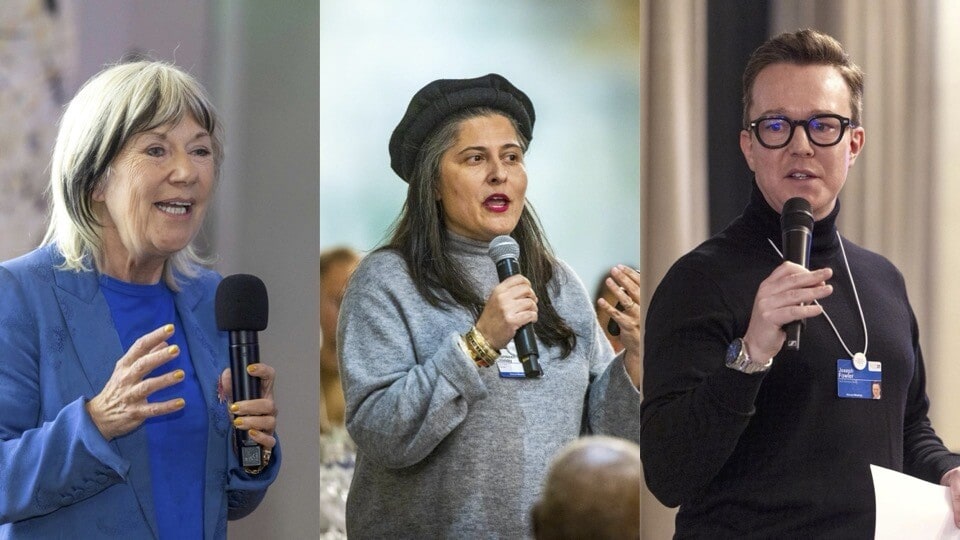Hemingway centre opens in Cuba to preserve writer's work

A moment of cooperation between old Cold War foes, Cuba and the United States. Image: REUTERS/Alexandre Meneghini
A restoration center to preserve the work of Ernest Hemingway opened in Cuba on Saturday, highlighting an area of cooperation with the United States even as bilateral ties between the old Cold War foes have chilled again.

Hemingway, who won the Nobel prize for Literature in 1954, wrote some of his greatest books during the 21 years he lived at Finca Vigia, or Lookout Farm, now a museum in San Francisco de Paula on the outskirts of Havana.
The restoration center built by the Cuban National Cultural Heritage Council and Finca Vigia Foundation of the United States is located on the 15-acre (6-hectare) property where Hemingway lived in a tree-shaded, airy Spanish-style home.
“When we come together, when we work together, we can do positive and amazing things,” Jim McGovern, a U.S. congressman for Massachusetts who wants better U.S.-Cuban relations, said at a ribbon-cutting ceremony.
McGovern said the project would have been much easier were it not for the decades-old U.S. trade embargo on Cuba, that President Donald Trump has tightened since coming to power.
Hemingway moved to Finca Vigia in 1939, the year before “For Whom the Bell Tolls” was published, and wrote “The Old Man and the Sea”, “A Moveable Feast” and “Islands in the Stream” while he was there, according to local scholars.
He left Cuba in 1960, more than a year after the Cuban revolution and less than a year before he killed himself in Idaho at age 61 amid a struggle with depression.
The writer left thousands of documents in Cuba, ranging from manuscripts of some of his works to letters, as well as photographs and annotated books.
The restoration center, which received financing from the Ford Foundation, American Express Philanthropy and the AT&T Foundation amongst others, includes laboratories and an air-conditioned vault.
The Cuban National Cultural Heritage Council and Finca Vigia Foundation had previously signed three cooperation agreements to conserve and disseminate the legacy of Hemingway.
Don't miss any update on this topic
Create a free account and access your personalized content collection with our latest publications and analyses.
License and Republishing
World Economic Forum articles may be republished in accordance with the Creative Commons Attribution-NonCommercial-NoDerivatives 4.0 International Public License, and in accordance with our Terms of Use.
The views expressed in this article are those of the author alone and not the World Economic Forum.
Stay up to date:
Arts and Culture
Related topics:
Forum Stories newsletter
Bringing you weekly curated insights and analysis on the global issues that matter.
More on Arts and CultureSee all
Elena Raevskikh and Giovanna Di Mauro
October 22, 2025






